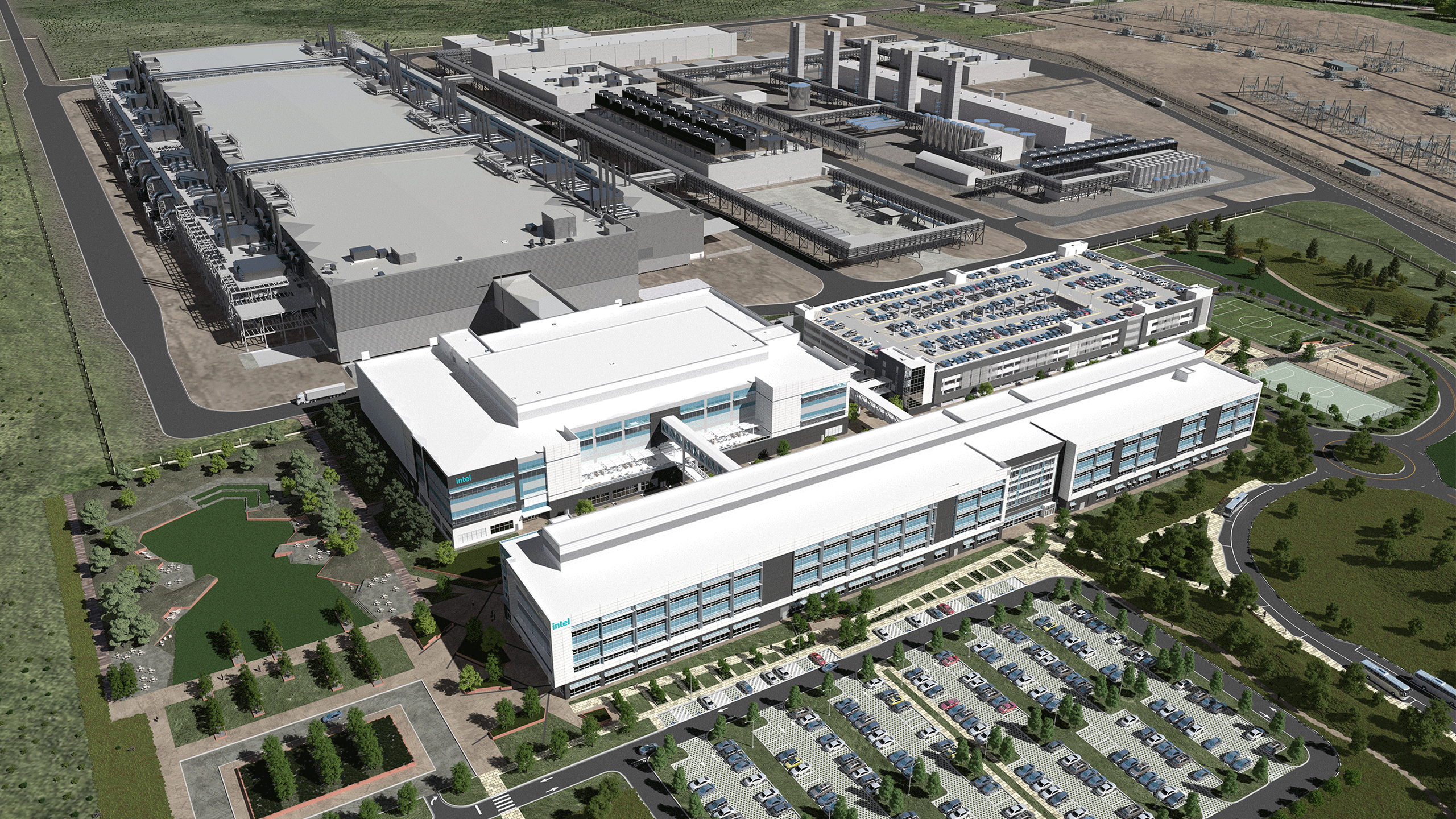
After Intel postponed a $30 billion investment in its fab near Magdeburg, Germany, to reduce its spending amid financial difficulties, the company could abandon the project entirely, reports Deutsche Welle. The development would be a major setback for Germany, which, like many other countries, wants to become a leading producer of semiconductors.
Alexander Schiersch of the German Institute for Economic Research (DIW) told Deutsche Welle that given Intel's current financial struggles, chances that it will come back to the Magdeburg project were no more than 50%. In an interview with DW, he highlighted several crucial components for Intel's future success.
First, the company needs to expand its customer base for its chips. Next, it must make its AI strategy work, which would help with the customer base. Lastly, Intel's cost-reduction measures must be effective to ensure its financial stability. If Intel fails to expand its customer base and its Intel Foundry unit fails to land orders from third-party clients, it won't need an additional fab in Germany. So far, the company has struggled to secure third-party clients for its foundry unit.
This delay is a significant setback for Germany. The project was expected to create 3,000 jobs, and the German government offered €9.9 billion in subsidies to support Intel's investment. It viewed this initiative as crucial for securing chips essential to industries undergoing digital transformation. For example, the fab could reduce Germany's reliance on Asian semiconductor manufacturers and bolster its automotive sector, which increasingly needs leading-edge processors. As a result, the delay adds to broader economic concerns in the country, as its industry faces increased challenges.
Intel's financial struggles are the reason for the delay. After the company lost $1.6 billion in the second quarter, it announced plans to cut 15,000 jobs, save $10 billion, and scale back other operations to regain profitability.
The delay in the Intel project has triggered a political debate in Germany over how to use the €10 billion earmarked for subsidies. Finance Minister Christian Lindner has suggested redirecting the funds to address a budget shortfall, while the Green party votes for investing it in climate initiatives. The German government has yet to settle on a decision.







